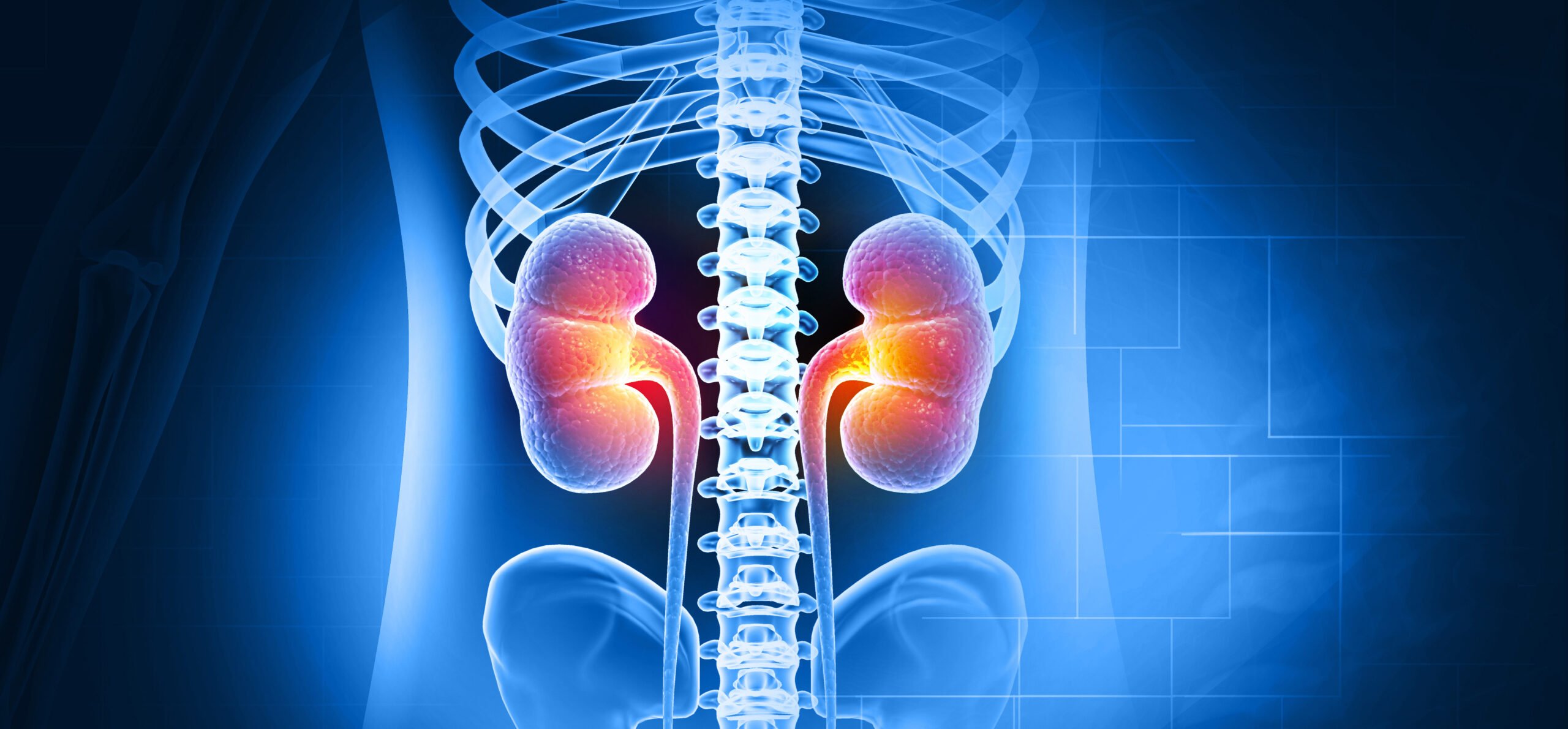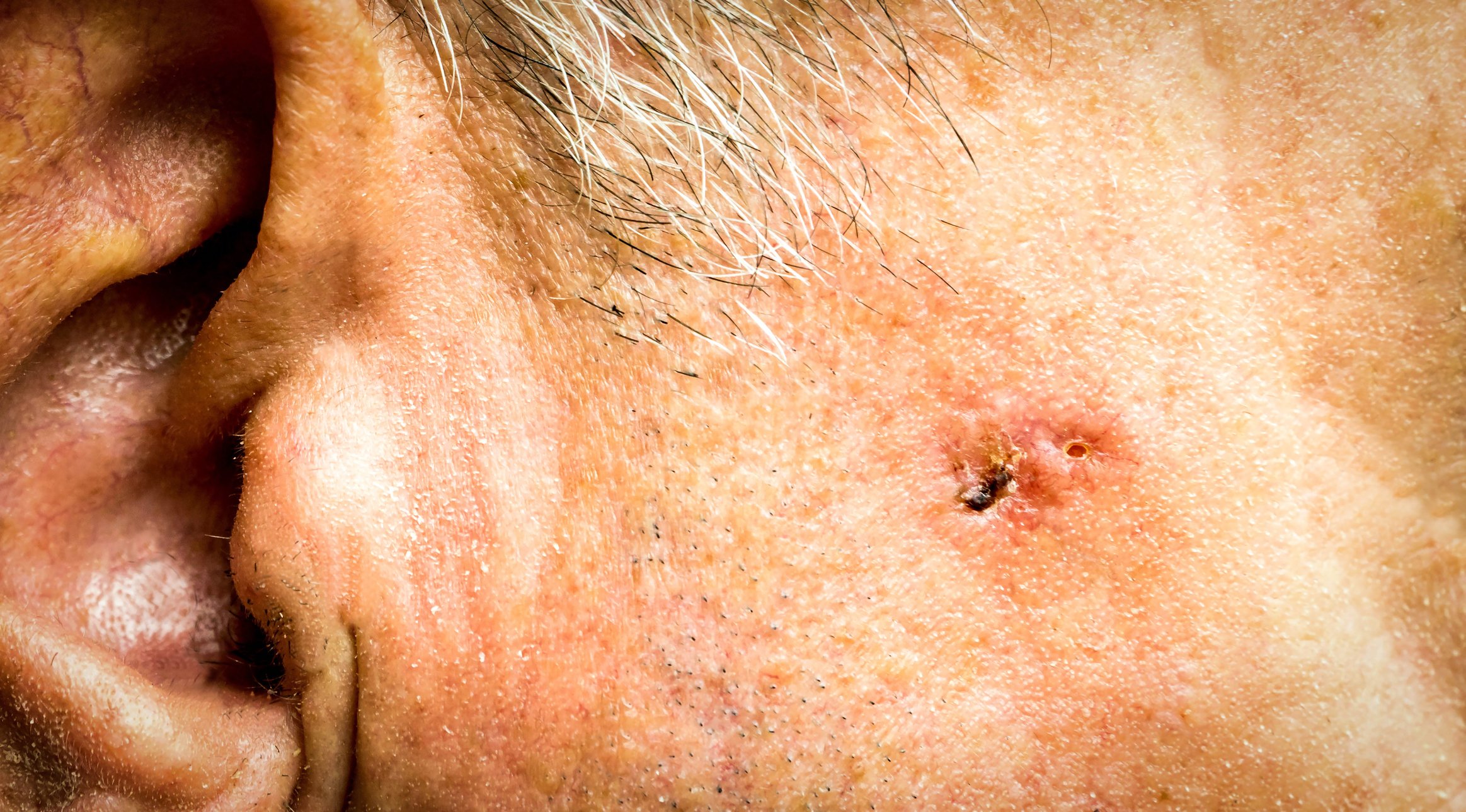Whether the use of immunosuppressants increases the risk of a severe course in SARS-CoV-2 infection is as yet unclear. A study published in advance of the European Congress of Rheumatology EULAR has now analyzed 600 COVID-19 cases of rheumatoid arthritis patients from 40 countries and investigated the influence of the choice of pharmacotherapy on a possible hospital stay and the course of a COVID-19 infection.
(red) Data on the course of COVID-19 disease in people with rheumatic diseases are still scarce and limited to small numbers of cases. Patients with rheumatism are concerned about the extent to which their disease increases the risk of a severe course and what influence the use of their immunosuppressants has on this. “There is a lot of uncertainty about medication management in rheumatic diseases,” says EULAR President Prof. Iain B. med. McInnes, The University of Glasgow, United Kingdom [1]. Researchers have now investigated the extent to which different drug groups increase the likelihood of hospitalization in rheumatoid arthritis patients with COVID-19 infection [2]. For this purpose, a case series of individuals with rheumatic diseases and COVID-19 from the EULAR and Global Rheumatology Alliance COVID-19 Registry from March 24 to April 20, 2020, was analyzed. A total of 600 cases from 40 countries were included in the study.
| “The study shows that most patients with rheumatologic diseases recover from COVID-19, regardless of the medications they receive. Nevertheless, it is necessary to gather more knowledge about the course of infection with the new corona virus in patients with inflammatory rheumatic diseases.” Professor John Isaacs, MD, The University of Newcastle, UK, Chair of the Scientific Program Committee at EULAR [1]. |
Fewer than half of patients required hospitalization
The researchers analyzed age, sex, smoking status, diagnosis of rheumatic diseases, comorbidities, and medications for rheumatic diseases taken immediately before the infection. The result: taking conventional disease-modifying antirheumatic drugs (csDMARDs) – such as anti-malarials or drugs from cancer therapy – alone or in combination with biologics, or taking nonsteroidal anti-inflammatory drugs (NSAIDs) were not associated with hospitalization. TNFα inhibitor use was associated with a decreased likelihood of hospitalization, whereas no association was observed with antimalarial use. Treatment with more than 10 mg of prednisone per day – equivalent to a moderate to high dose of cortisone – was associated with a higher likelihood of hospitalization. Prednisone is a glucocorticoid commonly used in rheumatology as a fast-acting anti-inflammatory.
Overall, less than half of the patients required hospitalization, and 55 deaths occurred, representing 9%. This should not be interpreted as the true rate of hospitalization and death in patients with rheumatic diseases infected with SARS-CoV-2. Because of the mechanism by which case data are collected, severe cases are more likely to be reported to the database (mild or asymptomatic cases are less likely to be reported), artificially increasing the rate of hospitalizations/deaths in the group of reported patients.
| Medication groups for rheumatic complaints The goal of basic immunosuppressive therapy is to suppress pathologic autoimmunologic processes. Disease-modifying anti-rheumatic drugs (DMARDs) are not merely symptomatic, but intervene in the disease process and lead to a reduction in rheumatic joint complaints such as pain, swelling and stiffness. A distinction is made between conventional DMARDs (csDMARDs) and biologics (bDMARDs). The latter are among the most modern achievements in pharamacological therapy and usually act more rapidly than csDMARDs. The mechanism of action consists of targeting individual molecules in the disease process, such as TNFα. In addition to these therapies, glucocorticoids may be used to suppress the inflammatory response. Another group of drugs used to treat rheumatic diseases are non-steroidal anti-inflammatory drugs (NSAIDs), which also help relieve pain and stiffness in the joints and improve mobility. |
Within just a few weeks, therefore, rheumatologists worldwide have joined forces to establish an international COVID registry (www.rheum-covid.org). The European League Against Rheumatism (EULAR) [1] supports the project and has already established a European research database in March (www.eular.org/eular_covid19_database.cfm). “There is an urgent need to understand the outcomes of patients with SARS-CoV-2 who are concomitantly receiving steroids, synthetic or biologic disease-modifying antirheumatic drugs, and nonsteroidal anti-inflammatory drugs,” emphasized Pedro Machado, MD, Chair of the EULAR Standing Committee on Epidemiology and Health Services Research and co-author of the study [1]. “This will help rheumatologists and other clinicians, such as specialty nurses, counsel their patients and improve their care.”
Literature:
- EULAR: European League Against Rheumatism, www.eular.org
- Gianfrancesco M, et al: Ann Rheum Dis 2020 [epub ahead of print.] doi:10.1136/ annrheumdis-2020-217871.
GP PRACTICE 2020; 15(7): 36











